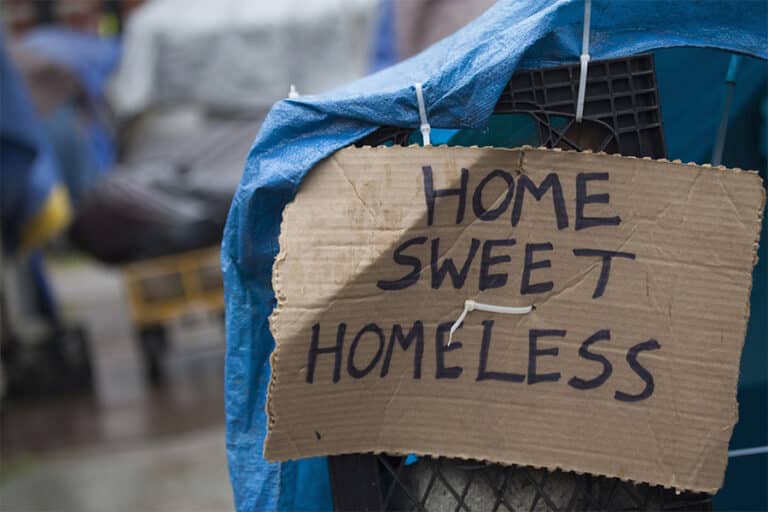As the New Year settles in, unfortunately, homeownership and financial stability are still a worry for millions of hard-working Americans. Through the Eviction Protection Grant Program (EPGP), a first-of-its-kind federal program created to increase the availability of legal services to tenants at risk of or subject to eviction, the U.S. Department of Housing and Urban Development (HUD) granted $40 million in funding to 21 recipients to support housing stability and prevent evictions and homelessness.
“This latest round of funding builds on this program’s success in helping over 44,000 households mitigate the negative consequences of eviction,” said HUD Agency Head Adrianne Todman. “Legal experts supported by this funding help provide housing stability across the country.”
Every year, millions of people experience eviction, either through official court procedures or through evictions that take place outside of the law. Tenants who are evicted, particularly children, suffer serious long-term repercussions. However, the majority of renters lack access to legal aid that could enable them to defend against wrongful evictions or come to more amicable agreements with landlords.
The Eviction Protection Grant Program seeks to close this disparity and improve tenants’ housing stability by:
- Prevention: helping tenants avert eviction and prevent eviction filings.
- Justice: helping tenants exercise and enforce their housing and civil rights and ensure the legal process during eviction is fair.
- Diversion: increasing tenant access to, and participation in, non-adversarial resolutions outside the court system.
- Relief: helping tenants avoid the harmful consequences of eviction and gain access to stabilizing resources.
As part of its ongoing efforts and a larger, whole-of-government strategy to assist families in recovering from the economic and public health effects of the COVID-19 pandemic, HUD established the Eviction Protection Grant Program (EPGP) in 2021. Eviction filings by landlords have increased and, in certain areas, have surpassed pre-pandemic levels since the termination of the pandemic-era emergency rental assistance and the majority of federal, state, and local eviction moratoria. For families nationwide, the legal aid services offered by EPGP come at a crucial moment due to growing rents, ongoing inflation, and a lack of affordable housing.
“Given the tremendous demand for these services and programs early grantee successes in reaching tenants most in need of eviction legal assistance services, HUD is excited to grow the reach of the program through these awards,” said Solomon Greene, HUD’s Principal Deputy Assistant Secretary for Policy Development and Research. “We are proud to partner with grantees across the country who are working tirelessly to expand access to legal assistance and ensure housing stability for those who need it most.”
HUD sponsored 21 EPGP grantees that offered free legal aid to avoid or redirect eviction and lessen the effects of eviction in 19 states using the initial $40 million in FY 2021 and FY 2022 funds. By allowing grant winners to scale up current operations, broaden the scope of services provided, and fortify relationships with other organizations and service providers, funding has assisted in meeting the needs of households in target service areas that are experiencing or at danger of eviction.
Through EPGP, HUD is supporting evidence-based approaches to eviction prevention and diversion programs more broadly, filling important knowledge gaps, and providing crucial legal services to renters facing eviction. An interim report detailing early implementation findings, including the characteristics of families served as of June 2023, was released by PD&R in December 2024.
According to the study, renter households that receive legal aid through EPGP have demographic traits in common with those of groups that have been proven to be more likely to face eviction on a national level, such as women. An estimated 7% lived in rural regions, some 29% had a disability, 18% had inadequate English proficiency, and more than half of the homes serviced had at least one kid.
In the upcoming Eviction Protection Grant Program Final Report, grantees, subrecipients, and HUD personnel will give an analysis of their implementation experiences; program outcomes will be documented; and relationships between household characteristics, services rendered, and outcomes will be discussed.
Governmental and non-profit organizations will receive new funding to help them offer legal services to tenants in 16 states, including statewide programs and local or regional programs that serve one or more counties.
To see the full list of recipients and amounts, click here.





